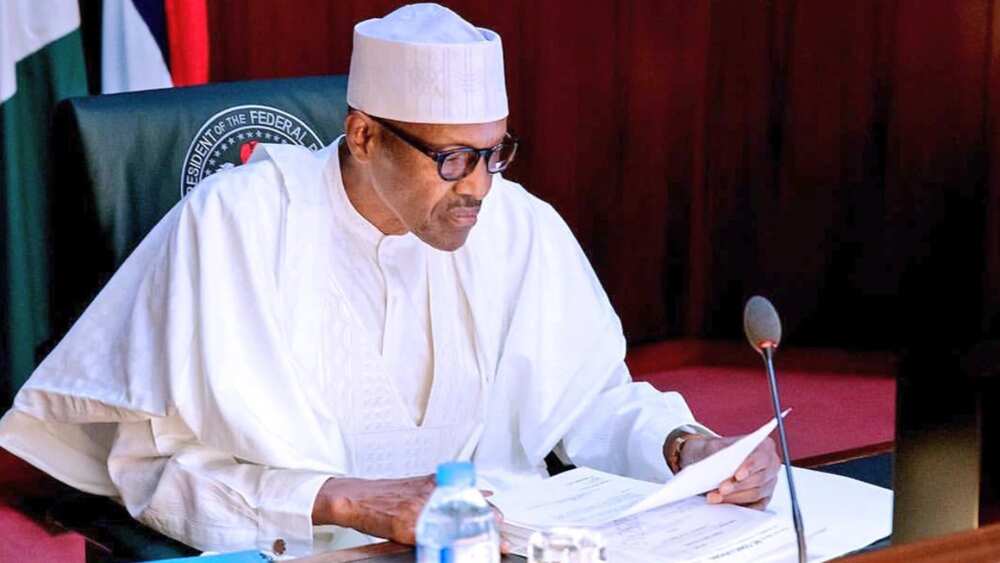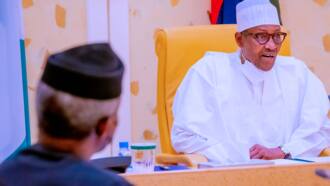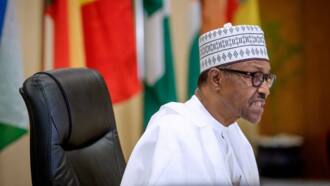2023 election: 13 reasons Buhari withheld assent to Electoral Act Bill
In what many people still term a controversial move, President Muhammadu Buhari has explained why he withheld assent to the Electoral Act Amendment Bill.
In a letter, the president made the explanation after he returned the bill to the National Assembly.
Here are some of the reasons cited.

Source: Facebook
1. Direct primary has serious adverse legal, financial, economic and security consequences which cannot be accommodated at the moment considering the nation’s peculiarities.
2. It has implications on the rights of citizens to participate in the government as constitutionally ensured.
PAY ATTENTION: Install our latest app for Android, read best news on Nigeria’s #1 news app
3. Conduct of direct primaries across the 8,809 wards across the length and breadth of the country will lead to a significant spike in the cost of conducting primary elections by parties.
4. It will increase the cost of monitoring such elections by INEC
5. It will raise financial crimes and constitute further strain on the economy.
6. It will stifle smaller parties without the enormous resources required to mobilise all party members for the primaries.
7. It will pose huge security challenges as the security agencies will also be overstretched
8. It will be open to participation from all and sundry and such a large turn-out without effective security coordination will also engender intimidation and disruptions
9. It is a violation of the underlying spirit of democracy which is characterised by freedom of choice.
10. The proposed amendment may also give rise to plethora of litigations based on diverse grounds and issues of law including but not limited to the fact that the proposed amendment cannot work in retrospect given that the existing constitution of the parties already registered with INEC permits direct, indirect and consensus primaries.
11. The direct implication of institutionalising only direct primaries is the aggravation of over-monetisation of the process as there will be much more people a contestant needs to reach out to thereby further fuelling corruption and abuse of office by incumbent contestants who may resort to public resources to satisfy the increased demands and logistics of winning party primaries.
12. Direct primaries are also subject or susceptible to manipulation or malpractices as most parties cannot boast of reliable and verified membership register or valid means of identification which, therefore, means non-members can be recruited to vote by wealthy contestants to influence the outcome.
13. Rival parties can also conspire and mobilise people to vote against a good or popular candidate in a party during its primaries just to pave way for their own candidates.
Revealed: Why senators dropped plot to override Buhari's veto on electoral bill
Meanwhile, Legit.ng reports that the Senate has reportedly dropped the plan to override Buhari following his decision not to sign the Electoral Amendment Bill 2021.

Read also
PDP chieftain lauds Buhari's rejection of Direct Primaries in Electoral Act amendment, gives reasons
The senators abandoned the plan following overnight lobbying by six governors.
It was gathered that the six governors, led by the Chairman of the Caretaker Committee of the All Progressives Congress (APC), Mallam Mai Mala Buni, lobbied senators overnight to stay action on their plan.
Source: Legit.ng


